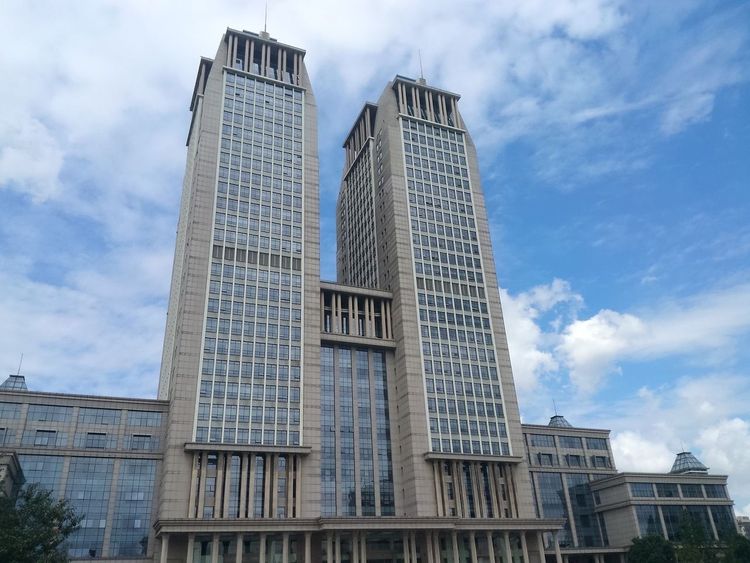Politicians Unite to Enhance AI Safety: US Launches New Safety Institute for Collaboration
Most people like
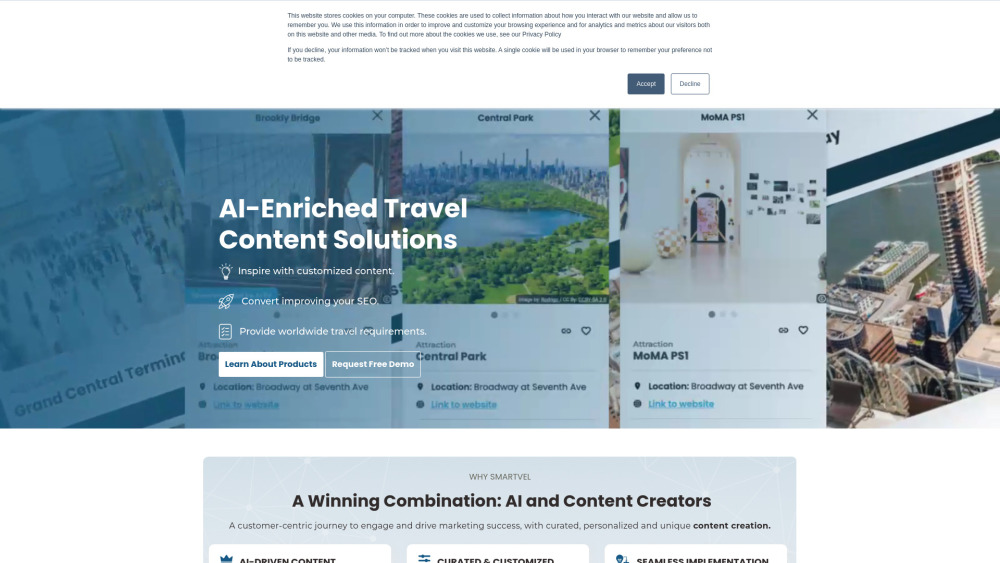
Unlocking the Power of AI Travel Content Solutions for an Enhanced Customer Journey
Discover how AI-driven travel content solutions can transform your customer experience. By leveraging intelligent algorithms and personalized recommendations, these innovative tools enhance engagement and streamline the travel planning process. Dive into the future of travel with solutions designed to elevate every step of your customer's journey.
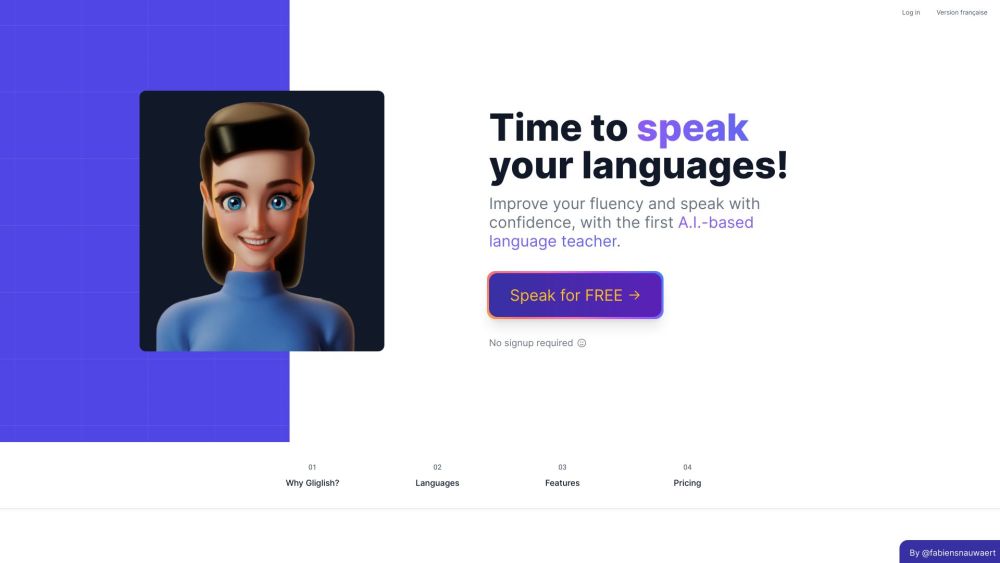
Gliglish is an innovative AI language teacher designed to boost your speaking and listening skills at an affordable price. Experience effective language learning with Gliglish and unlock your potential today!
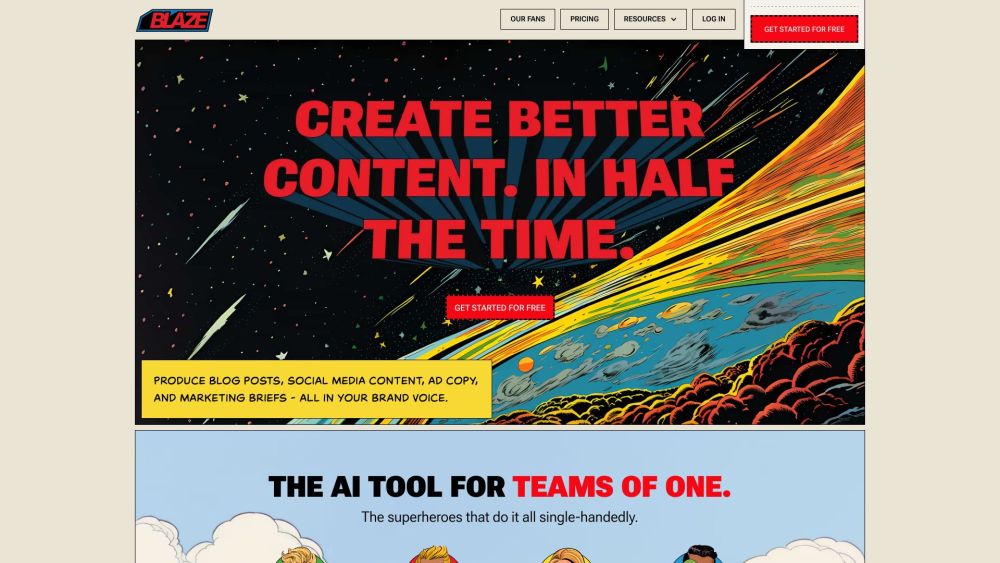
Introducing an AI-powered tool designed to craft content that perfectly captures your brand voice. Whether you're aiming to engage your audience or enhance your brand identity, this innovative solution transforms your ideas into compelling narratives that resonate with your target market. Elevate your content strategy today with cutting-edge technology tailored specifically for your needs.
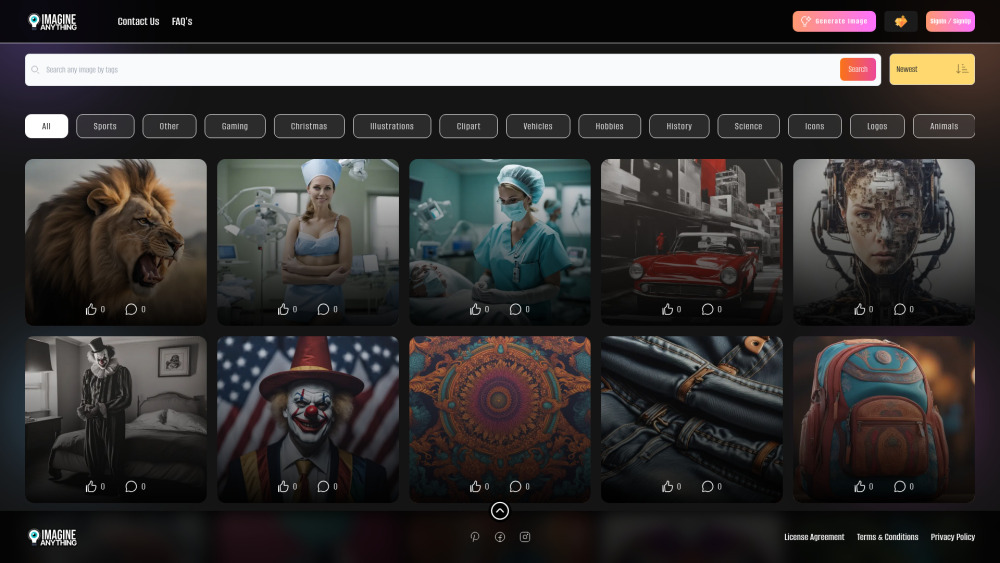
Discover the power of our free AI image generator, designed to help you effortlessly transform your ideas into stunning visuals. Whether you’re a content creator, marketer, or hobbyist, our tool provides a simple and intuitive way to generate unique images using advanced artificial intelligence. Start creating eye-catching graphics today and bring your visions to life!
Find AI tools in YBX

